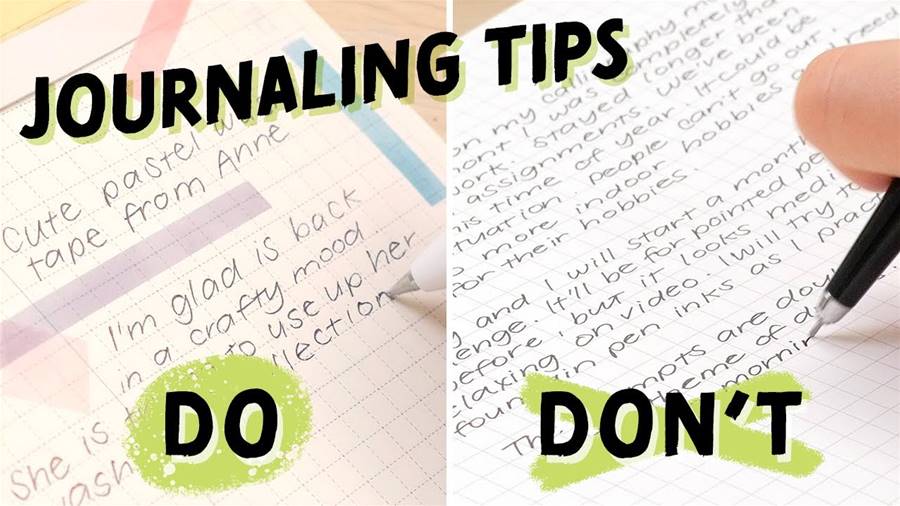
Journaling is a beneficial practice that allows individuals to reflect on their thoughts and feelings, increase self-awareness, and promote personal growth. However, many people are unsure of how to start journaling or may find it intimidating. To help overcome this barrier, here are five easy ways to embark on your journaling journey.
1. Set aside dedicated journaling time: Schedule a specific time in your day to focus on journaling. It can be in the morning to set intentions for the day or in the evening to recap and reflect on your experiences.
By allocating dedicated time, you are more likely to establish a consistent journaling habit.
2. Find the right journaling method for you: There are various journaling methods to choose from, so experiment and find what works best for you. Some popular approaches include writing free-form thoughts, answering journal prompts or questions, or using structured templates. Don't be afraid to mix and match methods to suit your preferences.
3. Start with short entries: Don't feel pressured to write pages and pages right from the start.
Begin with shorter entries that are easy to commit to. You can start with bullet point lists, gratitude lists, or recording one important thought or feeling from the day. As you become more comfortable, you can gradually increase the length and complexity of your entries.
4. Write without judgment: Journaling is a space for personal expression, so let go of any self-criticism or fear of judgment. Remember, no one else has to read your journals unless you choose to share them.
Embrace the freedom to express yourself honestly and authentically, allowing your thoughts and emotions to flow without reservation.
5. Make it a habit: Consistency is key when it comes to journaling. Make it a habit by incorporating journaling into your daily routine. Start with small goals, such as journaling for five minutes a day, and gradually increase the duration over time. You can also utilize prompts or challenges to keep yourself motivated and engaged in the process.
In conclusion, starting a journaling practice doesn't have to be overwhelming.
By setting aside dedicated time, finding the right method, starting with short entries, writing without judgment, and making it a habit, you can easily incorporate journaling into your daily life. Remember, the purpose of journaling is personal reflection and growth, so embrace the process and enjoy the therapeutic benefits it brings.








